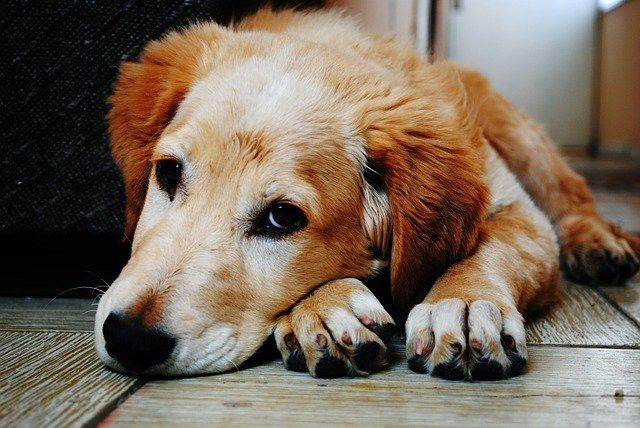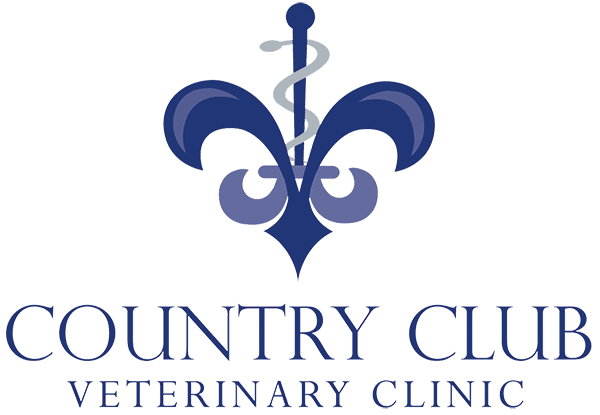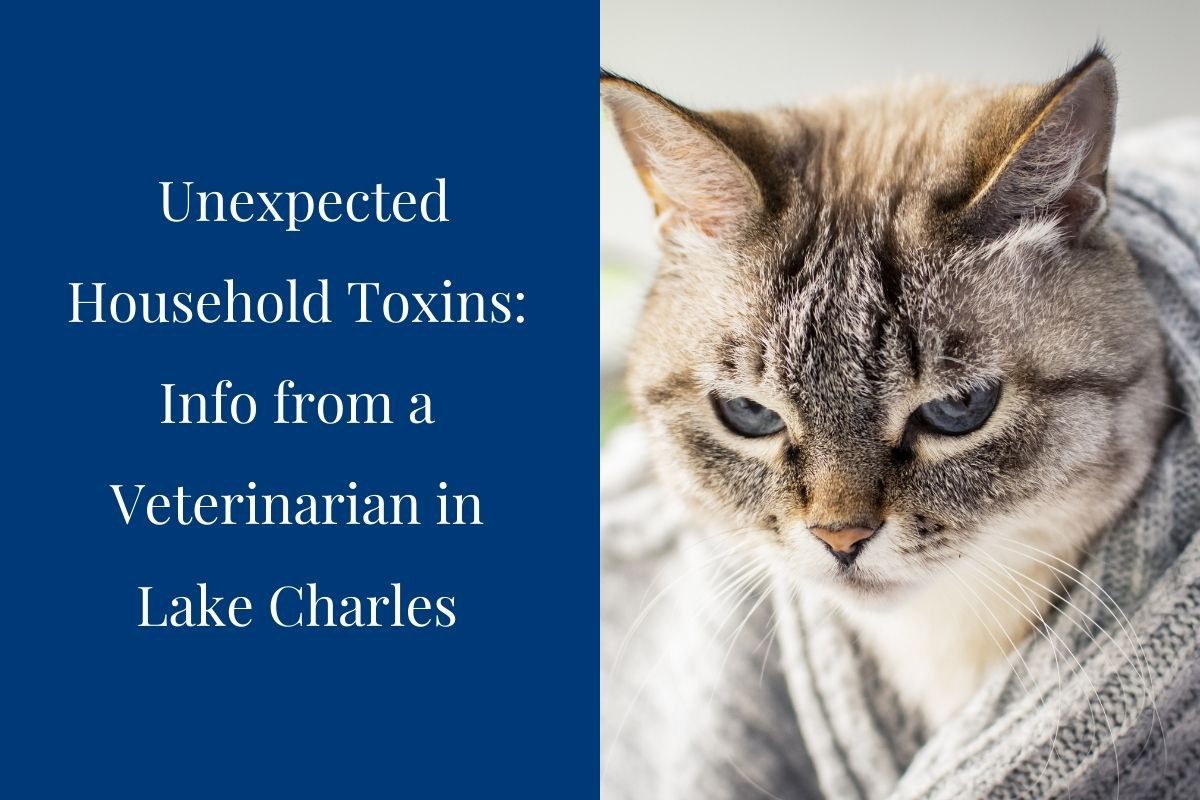Unexpected Household Toxins: Info from a Veterinarian in Lake Charles
Because of the Web, pet parents know much more about taking good care of their beloved companions than in the past. With a wealth of information right at your fingertips, it's very easy to learn more about your dog or cat. Still, lots of pet parents don't know many everyday items could harm their four-legged family members. You already know to keep chocolate, rodent killers, and medications out of your pet's reach, but some seemingly innocuous things are just as hazardous. With March being National Pet Poison Prevention Month, it's a terrific time to find out more about common yet unexpected hazards. Keep reading to learn about a couple of household items you may not recognize could hurt your beloved pet.

1. Xylitol
You might not know xylitol by name, but you most likely have it in your home. It is an increasingly common synthetic sweetener used in sugar-free foods and snacks, most commonly gum and candy. Sadly, it’s not very sweet for cats and dogs. If ingested, xylitol can cause a serious drop in blood sugar and irreversible liver damage. With food manufacturers using this ingredient more frequently, it is turning up in new foods and snacks constantly. Even certain peanut butter contains xylitol. Be sure to read labels before giving your pet people food!
2. Raisins and Grapes
Raisins and grapes are tasty and nourishing treats for you and your children, but they're unsafe for pets. Research hasn’t revealed precisely why these fruits are so hazardous to companion animals, but even ingesting a few raisins or grapes could possibly cause renal failure.
3. Indoor Plants
If you have an indoor plant collection, be sure to restrict your dog or cat's access. A lot of popular houseplants are toxic to pets, and they cause problems ranging from minor nausea to severe organ damage and, in some cases, death. Dracaena, philodendrons, snake plants, and aloe are just a couple of the houseplants known to harm pets.
Caring For Pets Who Have Ingested Poison
Seek immediate veterinary assistance if you ever think your dog or cat might have consumed or been exposed to a toxin or poison. Your pet needs to be evaluated even if they have no visible symptoms. Get in touch with the Pet Poison Helpline for additional information, including whether you need to see an emergency vet.
When your four-legged best friend needs a veterinarian in Lake Charles, contact Country Club Veterinary Clinic. Our compassionate team provides both preventative care and treatment for illnesses and will give your pet the care they need. To find out more about us and our services or schedule an appointment, please call now.










